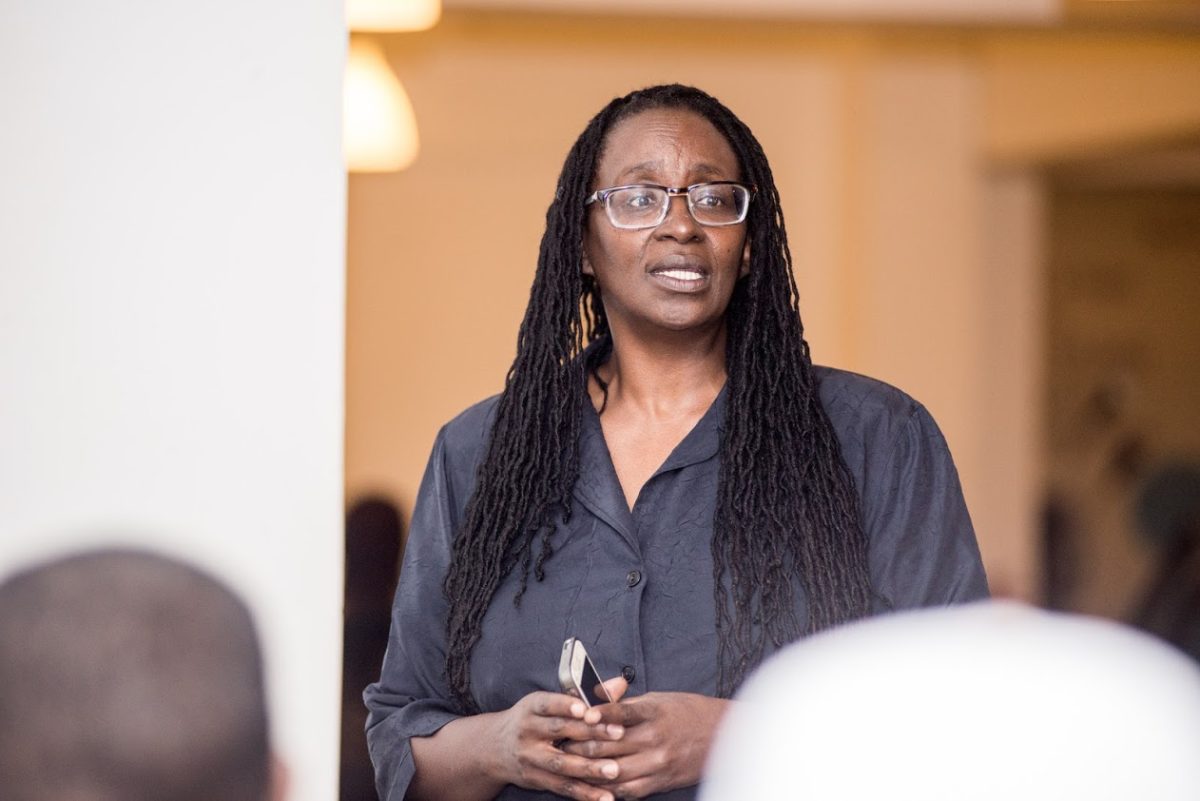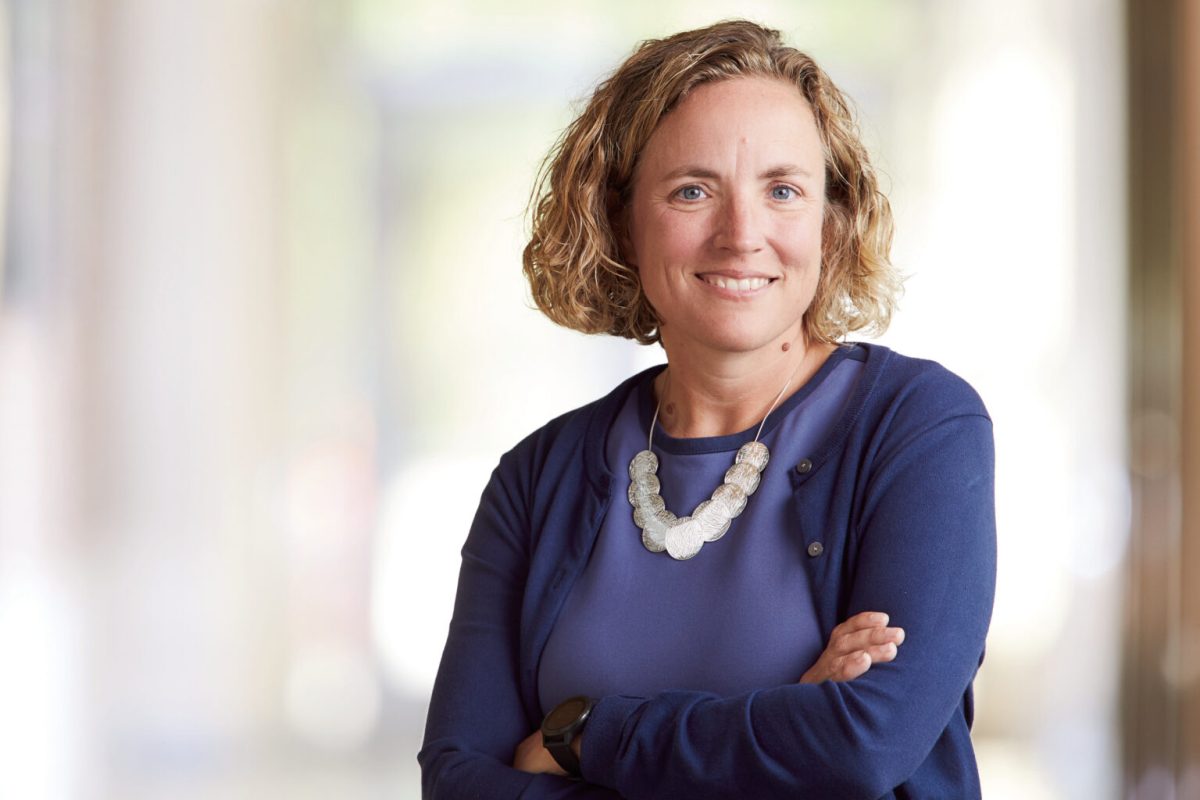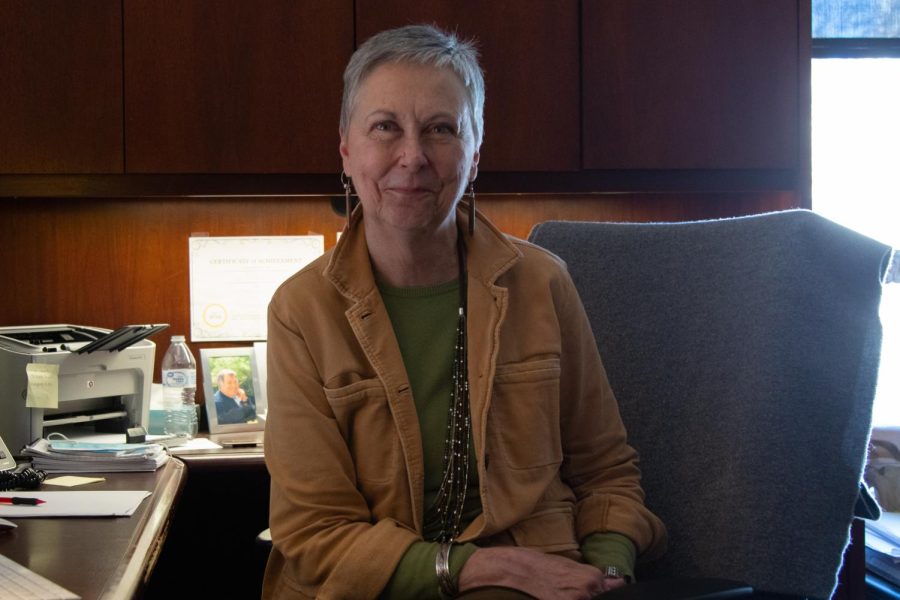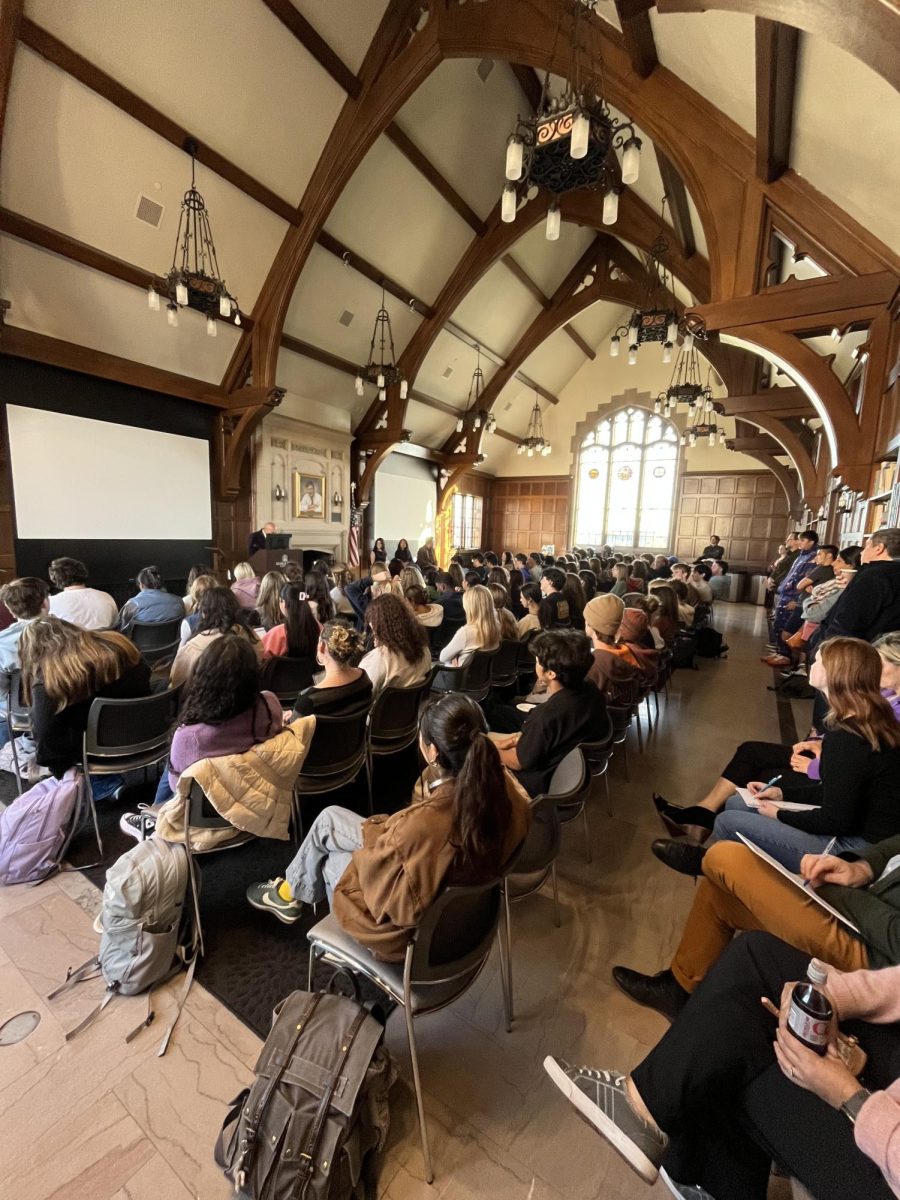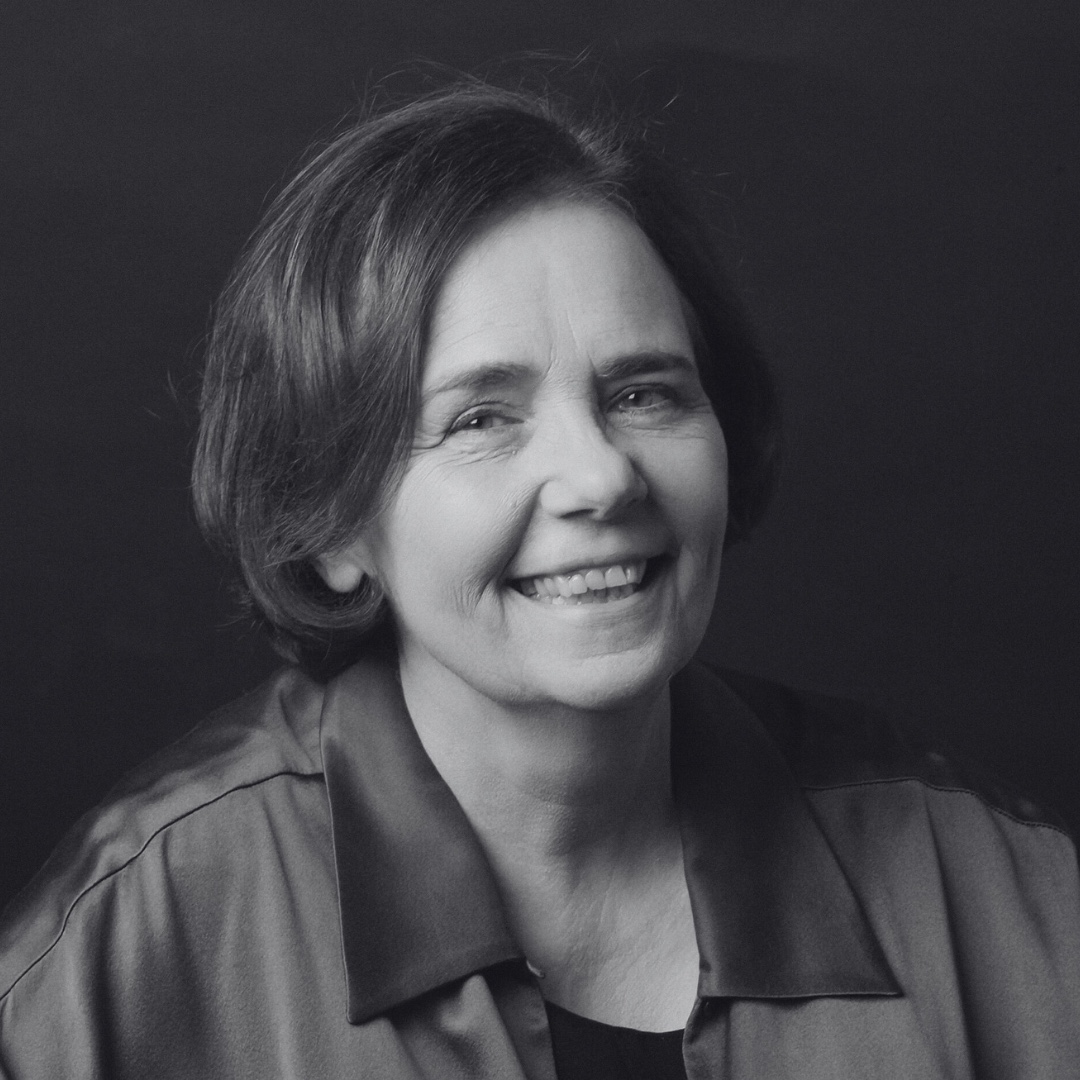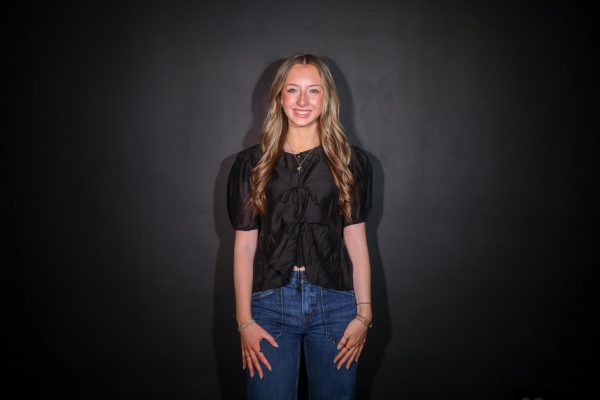Marquette’s annual Nieman Symposium was held on March 28 and featured award-winning journalist Catherine Gicheru as the keynote speaker. The symposium consisted of two panel discussions previewing the keynote. This year’s theme was “Voices of Resilience: Journalism in the Face of Conflict and Contemporary Politics.”
The Nieman Symposium is named after Lucius W. Nieman, the founder of The Milwaukee Journal, and is sponsored by the J. William and Mary Diederich College of Communication.
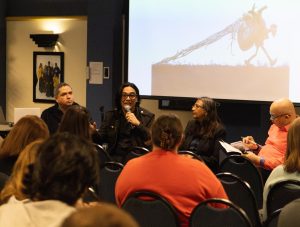
The event opened with a panel titled “Navigating The Crossroads,” focused on the intersection of conflict, peace journalism and contemporary politics. This was followed by a second panel, “Voices Unsilenced,” about the experiences of exiled journalists.
Finally, Gicheru gave her keynote address, “Building Bridges, Not Walls.”
“Building Bridges, Not Walls” covered a variety of topics regarding Gicheru’s work in the investigative journalism world and her hopes for the future of the industry. Gicheru heads the African Women Journalism Project which unites female journalists and data analysts in the pursuit of representing historically marginalized groups.
Gicheru said that she hopes to push the line in Kenya towards inclusivity and changing the narrative about women. She is optimistic about the impact her stories can have.
“It doesn’t have to change the whole world. Remember, change starts with you first and it only takes one small thing to cause change that can affect everybody,” Gicheru said.
Gicheru has spent her career directing AWJP, but she also co-founded Kenya’s first fact-checking news site and works as the editor of the Star newspaper.
While these are just some of Gicheru’s many job titles, she is also dedicated to her larger goals, like ending misinformation and using data-driven journalism to educate and provide assistance for marginalized groups. Her work in solution-based journalism has long petitioned for concrete solutions to the problems she reports on.
Gicheru said the way stories are framed, the voices that are centered and the narratives that are focused on are all important aspects of how people understand media. This, in turn, affects how they understand different groups.
In her lecture, Gicheru kept a common theme: producing journalism that will empower her audience to make decisions after giving them all the information they need to understand and enact change. One way she looks to achieve this is by thinking critically about who news outlets give power to.
Gicheru doesn’t just talk the talk but writes stories that challenges power structures.
When Gicheru was reporting in Kenya she received information that a ruling party, the Kenyan African National Union, was responsible for deals in which national social security funds were used to build rental houses. Despite the harassment she received, she still published the story.
Gicheru’s reporting has held these powerful groups accountable while informing audiences.
“I think journalism should not just be about documenting power because they don’t need us. They are in power, and we don’t need to add to that. We should be able to interrogate the power. It should not just be describing injustice, but what we can talk about and bring home to change the injustices,” Gicheru said.
Gicheru also addressed the state of journalism in reference to larger social-political issues, such as lack of trust in media and political polarization. She said there is a disconnect between authority and the communities they serve.
Gicheru hopes her stories can bridge this divide together, in order to ultimately improve the lives of those she writes about.
She has mentored and supported a number of journalists through her work with AWJP. They have reported on several stories that document the discrepancy between organizations and the people they are meant to serve.
One of these stories covered the spread of Covid-19 through the open-air markets in Kenya and how it affected operations at the markets and increased the price of food costs, which was written by Soila Kenya and Seun Durojaiye.
Another story with a similar goal was written by Ugandan fellow, Gillian Nantume, who reported about a shortage of blood supplies needed to treat patients in Uganda during the Covid-19 pandemic.
Gabby Woida, a first-year student in the College of Communication, said the symposium had an effect on the way she thinks about the journalism industry. She said she appreciated that Marquette hosted this event.
“I know it’s a lot of effort and money to get these people to come here and speak so that they can offer that for students at Marquette. I think it’s a really, really beneficial thing,” Woida said. “More people and students should know about it and get involved, because it’s really great to learn and experience real world things.”
Woida said Gicheru’s lecture gave her the opportunity to expand her worldview and learn about someone different from herself.
“I felt a lot of impact seeing an actual journalist and experiencing someone from a different part of the world and getting an insight on what it could mean to be a journalist in the future,” Woida said.
This story was written by Ruby Mulvaney. She can be reached at ruby.mulvaney@marquette.edu.


